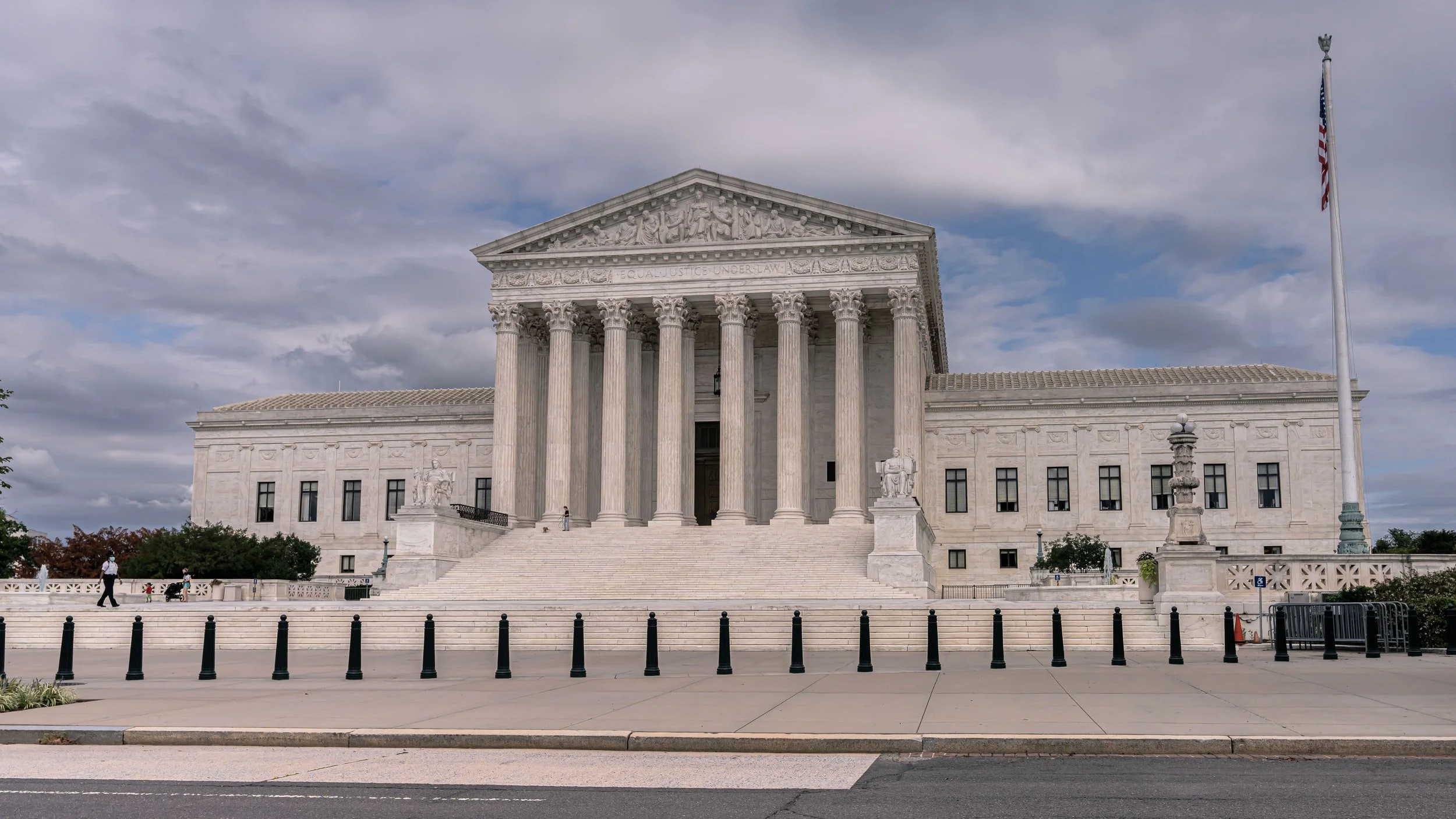The United States Supreme Court has granted certiori of a series of cases raising the question of whether discrimination against an employee because of sexual orientation or gender identity constitutes discrimination “based on sex” under Title VII of the Civil Rights Act of 1964.
In two consolidated cases, the court will consider whether discrimination based on sexual orientation constitutes discrimination based on sex. In Altitude Express v. Zarda, a New York skydiving company fired Donald Zarda, who worked as an instructor for the company. Zarda contends that he was terminated because he is gay. In Bostock v. Clayton County, Georgia , the petitioner, Gerald Bostock, worked as a child-welfare-services coordinator in Clayton County, Georgia. Bostock contends that after the county learned that he was gay, it falsely accused him of mismanaging public money so that it could fire him – when it was in fact firing him because he was gay.
RG and GR Harris Funeral Homes v. EEOC will be argued on the same day. That case presents the question of whether discrimination based on gender identity constitutes discrimination “based on sex” under Title VII. There, a funeral home company hired Aimee Stephens, whose employment records identified Stephens as male. Six years later, Stephens informed the company’s owner that Stephens identified as a woman and wanted to wear women’s clothing to work. Stephens was fired because the owner believed that allowing Stephens to wear women’s clothes would both violate the funeral home’s dress code and would be “violating God’s commands.”
Currently, there is a split in the circuit courts as to whether discrimination based on sexual orientation or gender identity constitutes discrimination “based on sex” under Title VII. Courts that have extended Title VII protections to the LGBTQ community have generally done so under the Supreme Court’s decision in Price Waterhouse v. Hopkins, which held that discrimination based on the failure to conform to gender stereotypes constitutes discrimination “based on sex.”
The outcome of these decisions will have an important impact on the LGBTQ community. Not only has the current administration rolled back protections for the transgender community, but, it currently is legal in approximately fifty percent of states to discriminate against individuals based on their sexual orientation or gender identity. Thus, uniform employment protections for LGBTQ individuals are critically important.
UPDATE: On June 15, 2020, the United States Supreme Court decided the above trio of cases and held that an employer who fires an individual merely for being gay or transgender violates Title VII. See the opinion here.



